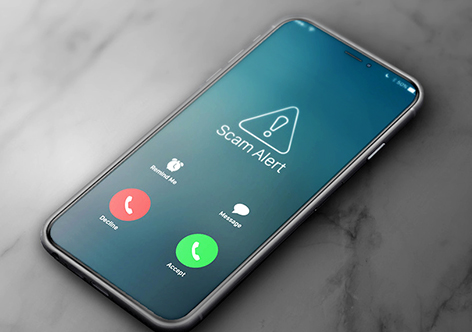It’s safe to bank online with UOB. Enjoy the full convenience of secure online banking transactions with our multi-layered security programme. Learn more about how we keep your transactions safe.
UOB bank
- General
- UOB DISCOVER
- For Individual
- Privilege Banking
- Personal Banking
- For Business
- Commercial Banking
- About UOB
- UOB GROUP
- UOB VIETNAM
































